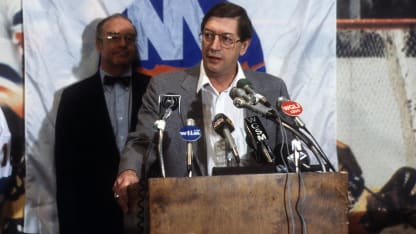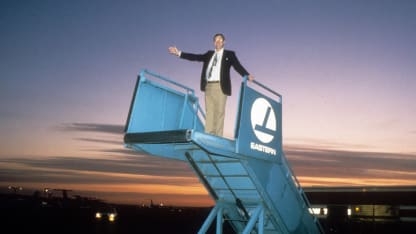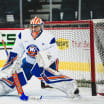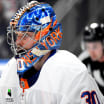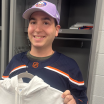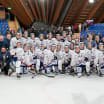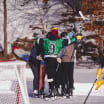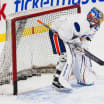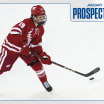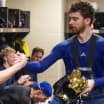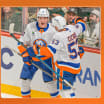The Islanders Got Old -- George Vescey, New York Times, 1985
It had to happen sooner or later.
Father Time was catching up to the Nassau heroes who owned an untouchable league record, having won an unprecedented 19 consecutive playoffs series.
In the spring of 1985, Al Arbour's skaters were happy to escape with an unprecedented come-from-behind first round win over the Capitals. But in the second round Radar's troops were ousted by Philadelphia in five games.
"The veterans will have to make way for fresh legs," wrote Vescey in the *New York Times. "But while they were together, this team was special on and off the ice."
No individual was more special than the bespectacled man behind the bench. But even Radar began questioning the march of time and how it was affecting his work. He seemed to sense that 1985-86 would mark his last hurrah. For at least two years Arbour was at least thinking retirement. His boss Bowtie Bill Torrey talked Al out of it once but the get-me-out-here thought kept coming back like a song; for players and Bill Torrey as well.
"I had a feeling Al was going to retire after we lost the 1984 Final round to Edmonton," wrote Mike Bossy in his autobiography, Boss. "When we were knocked out of the second round a year later I was sure he had had enough."
Apparently not. When training camp opened in September 1985, the redoubtable Radar was back at his perennial podium, charting another -- hopefully -- playoff season.
"I'm not ready to be packed in mothballs yet," he told the media, which always were delighted to deal with the straight shooter behind the bench.

